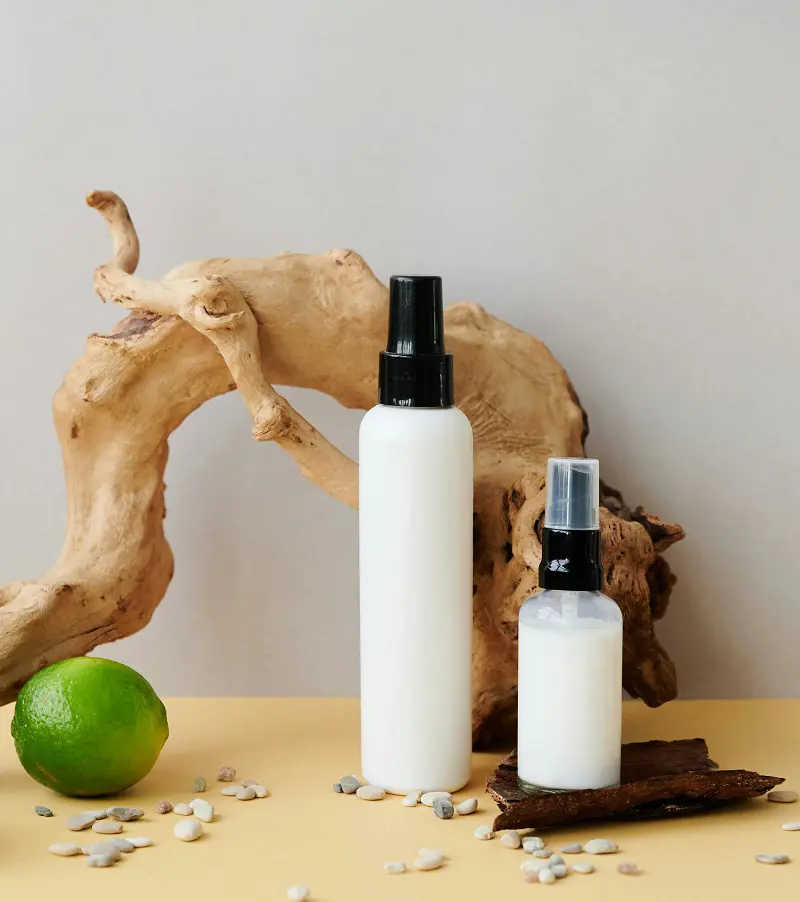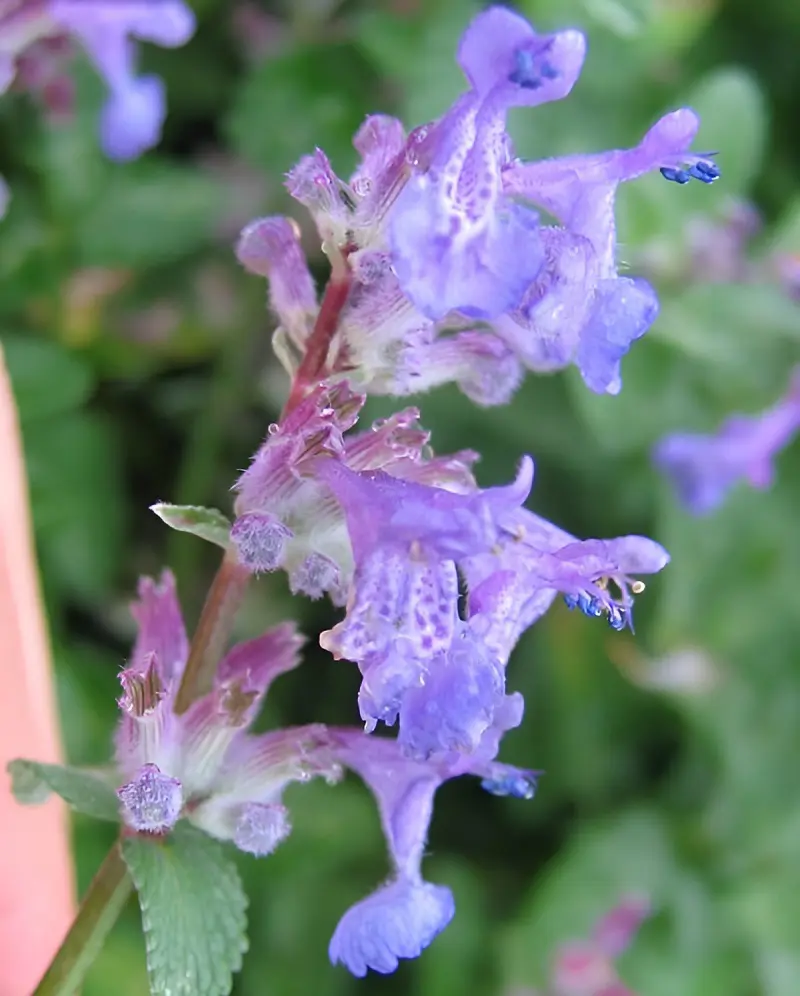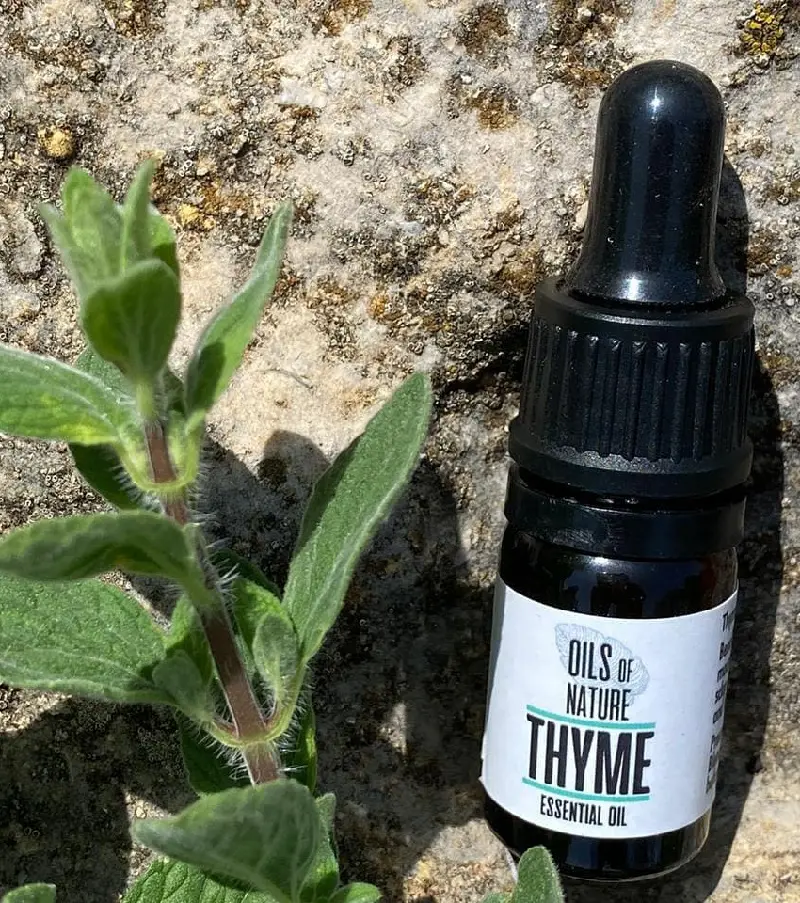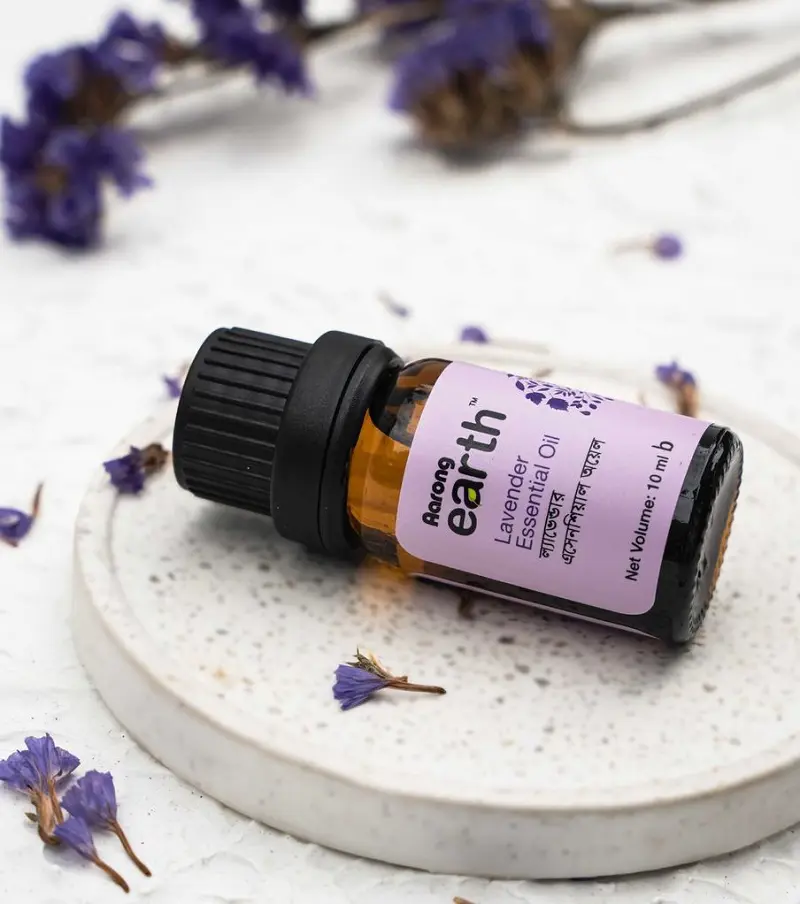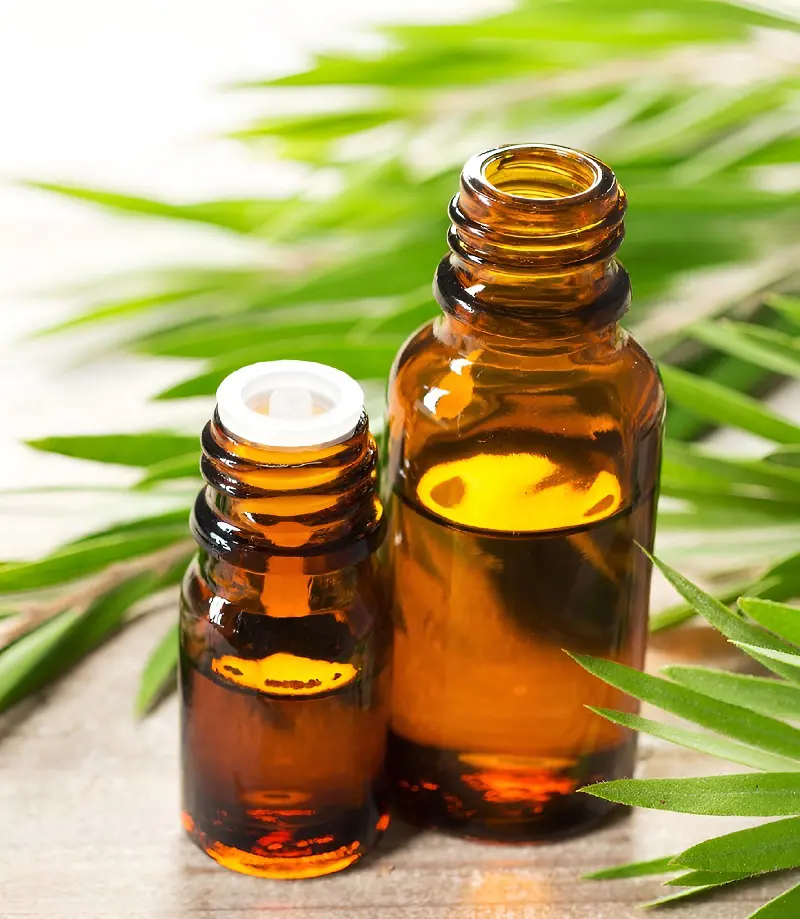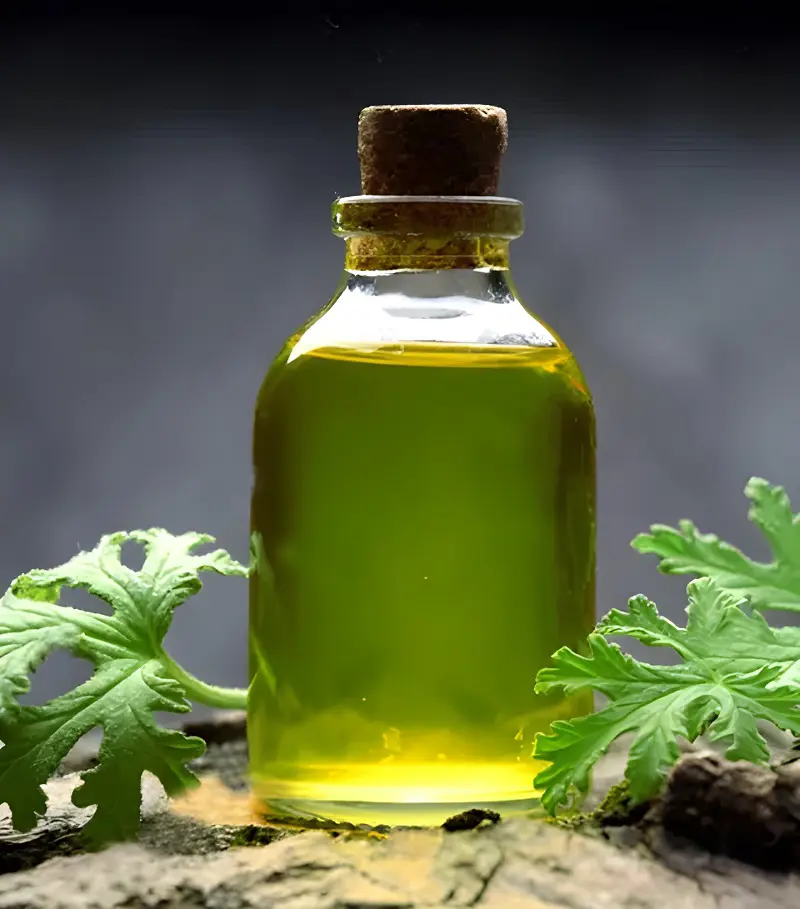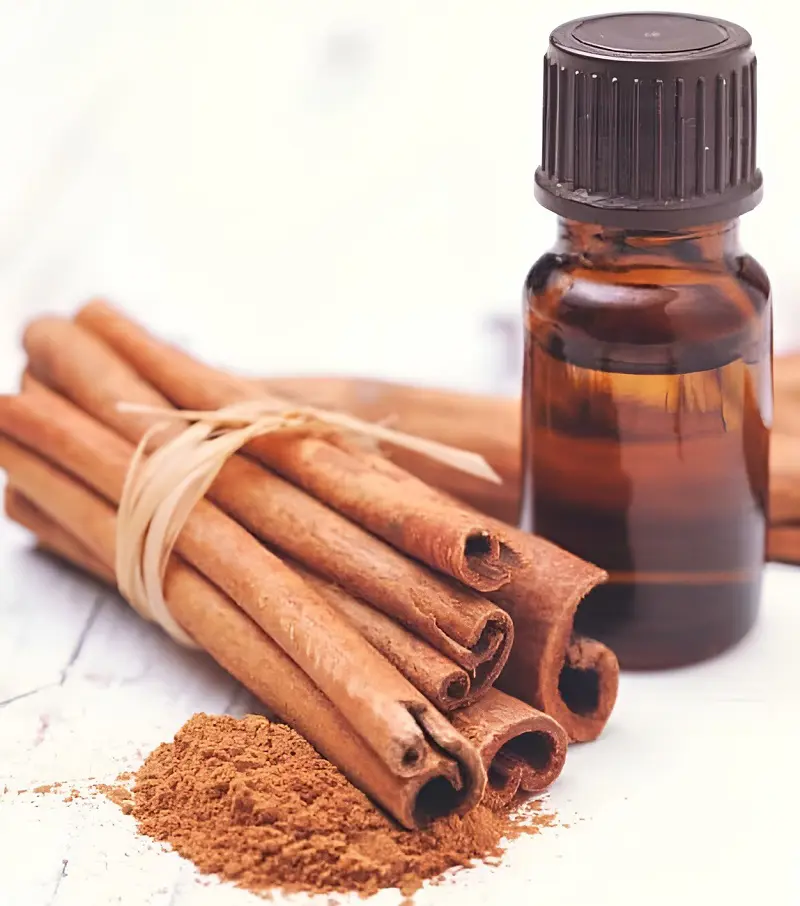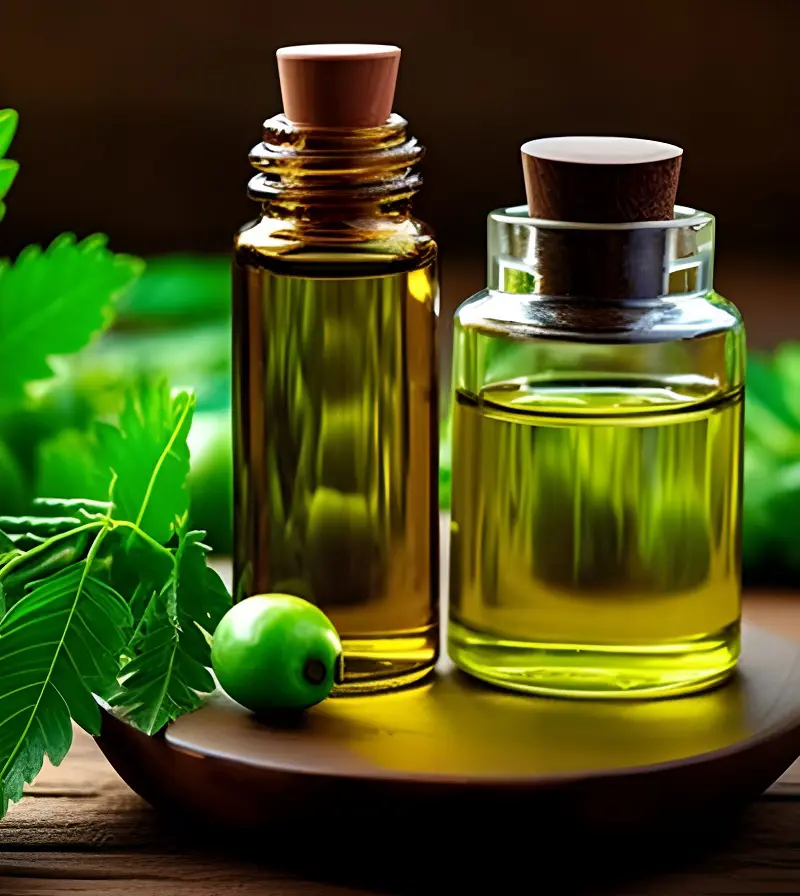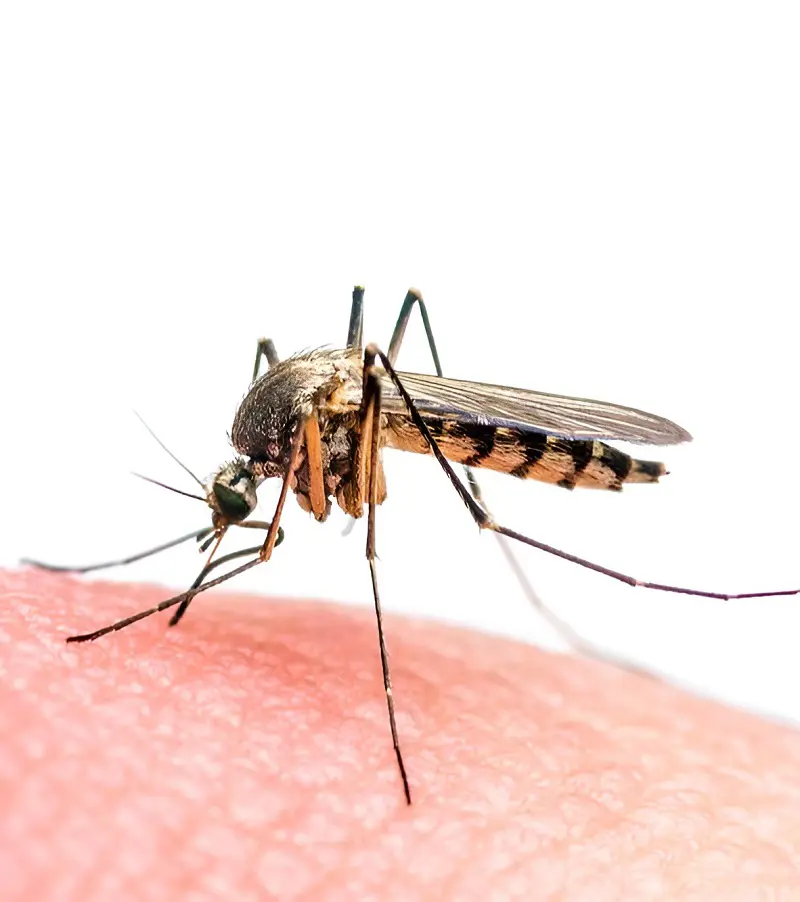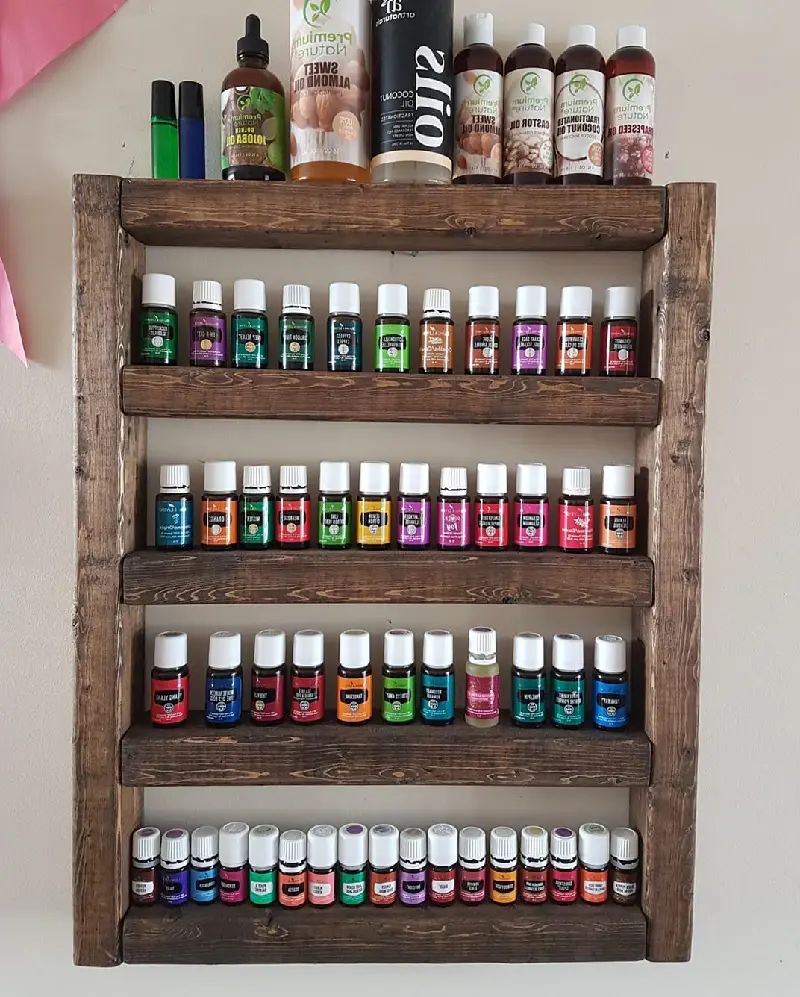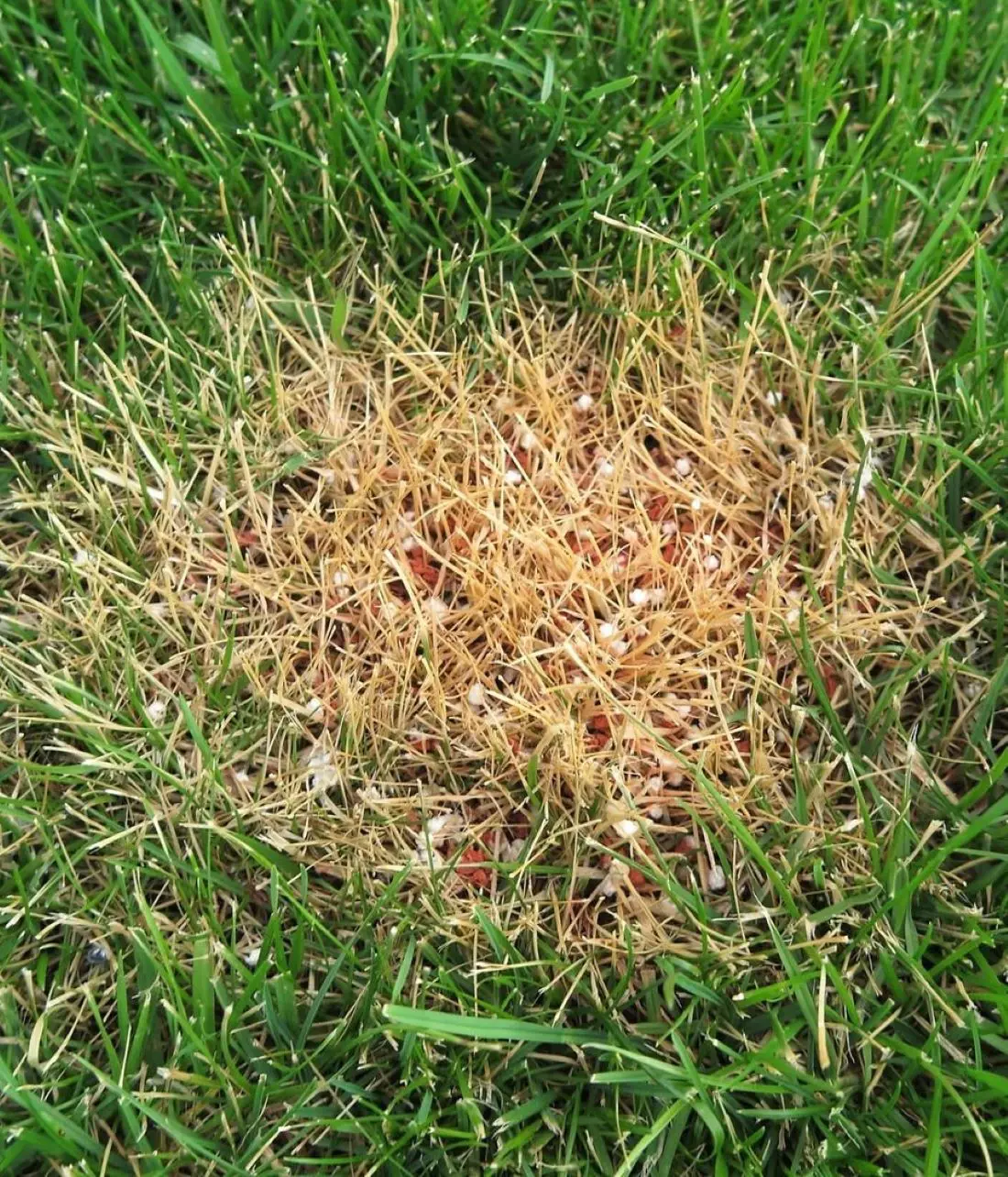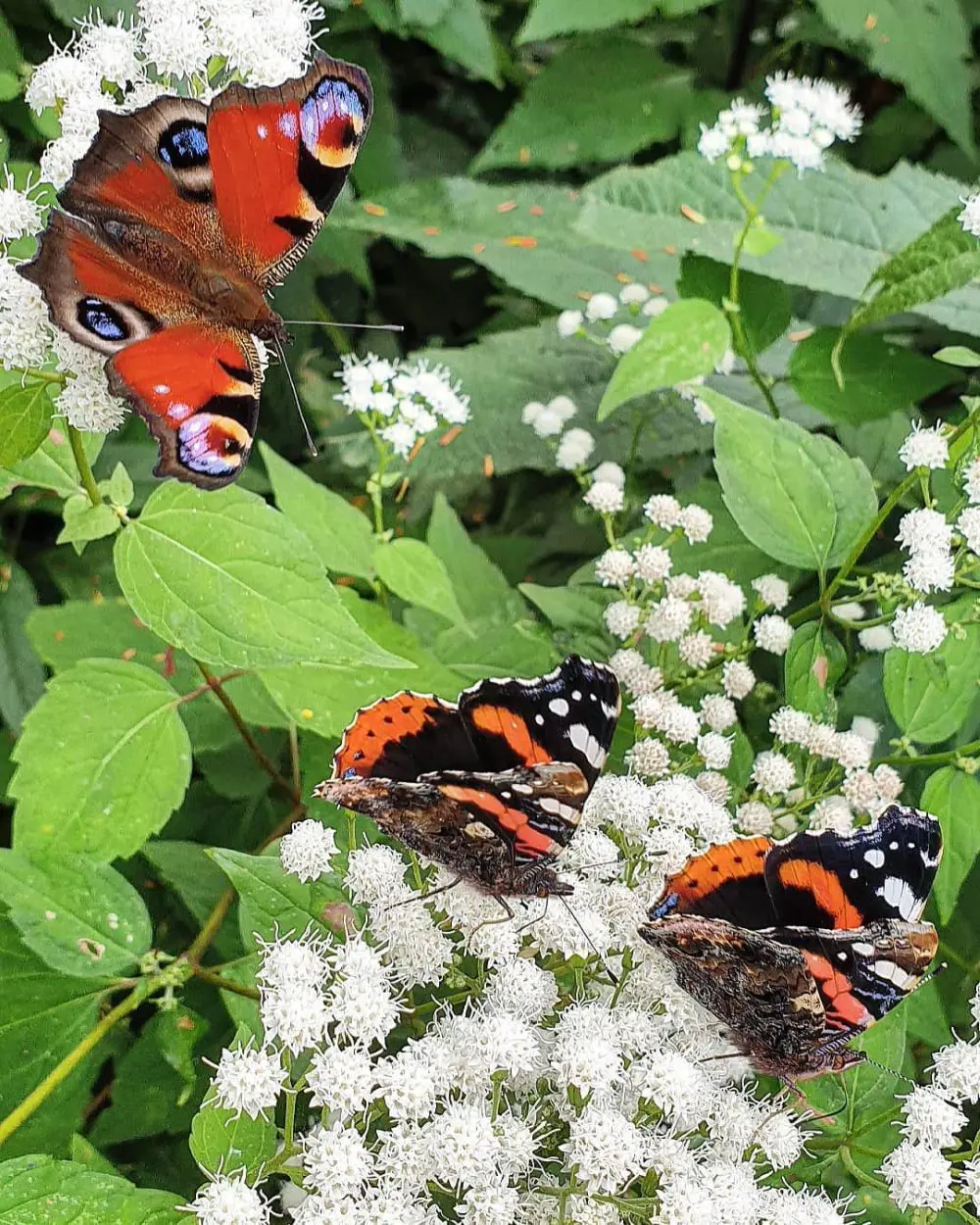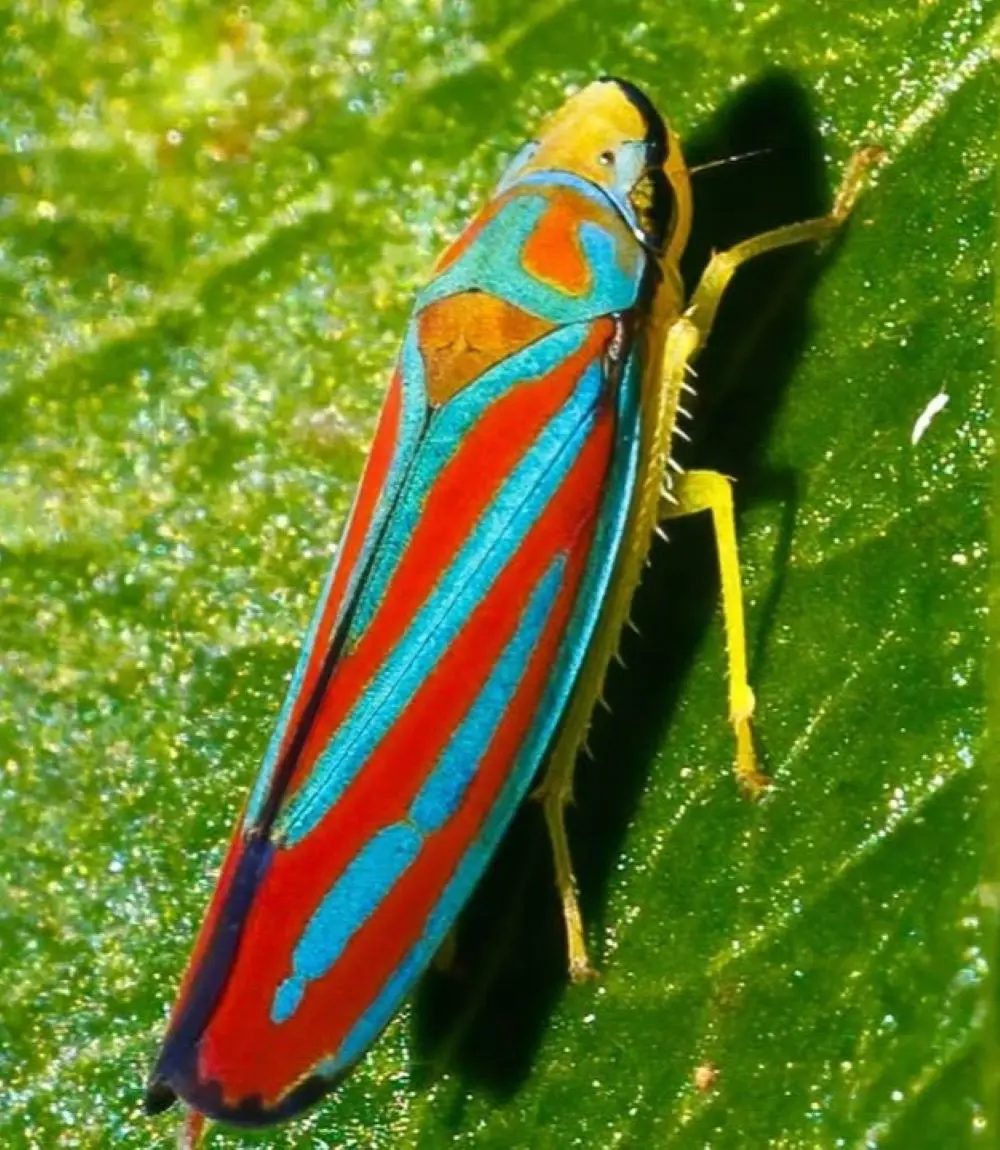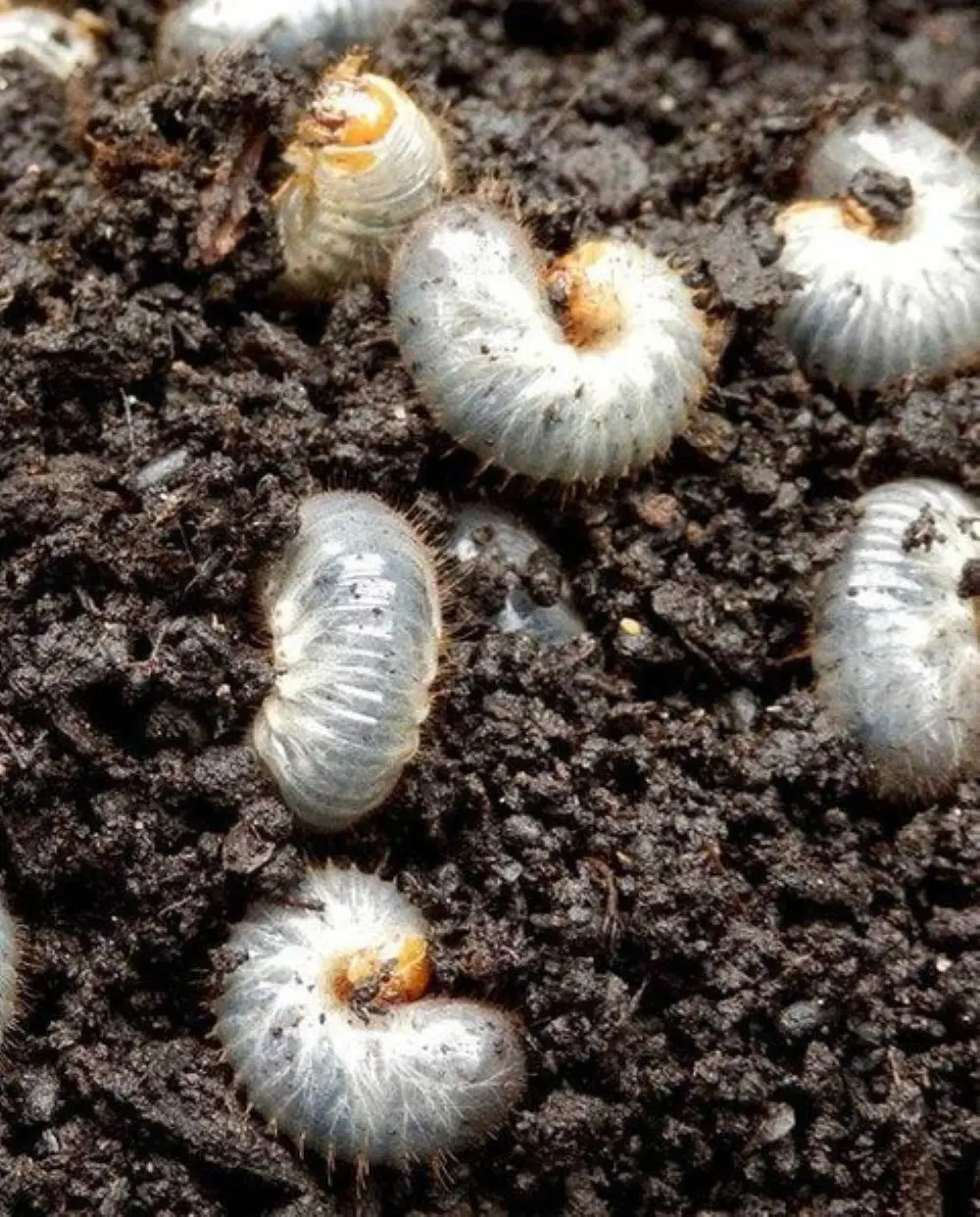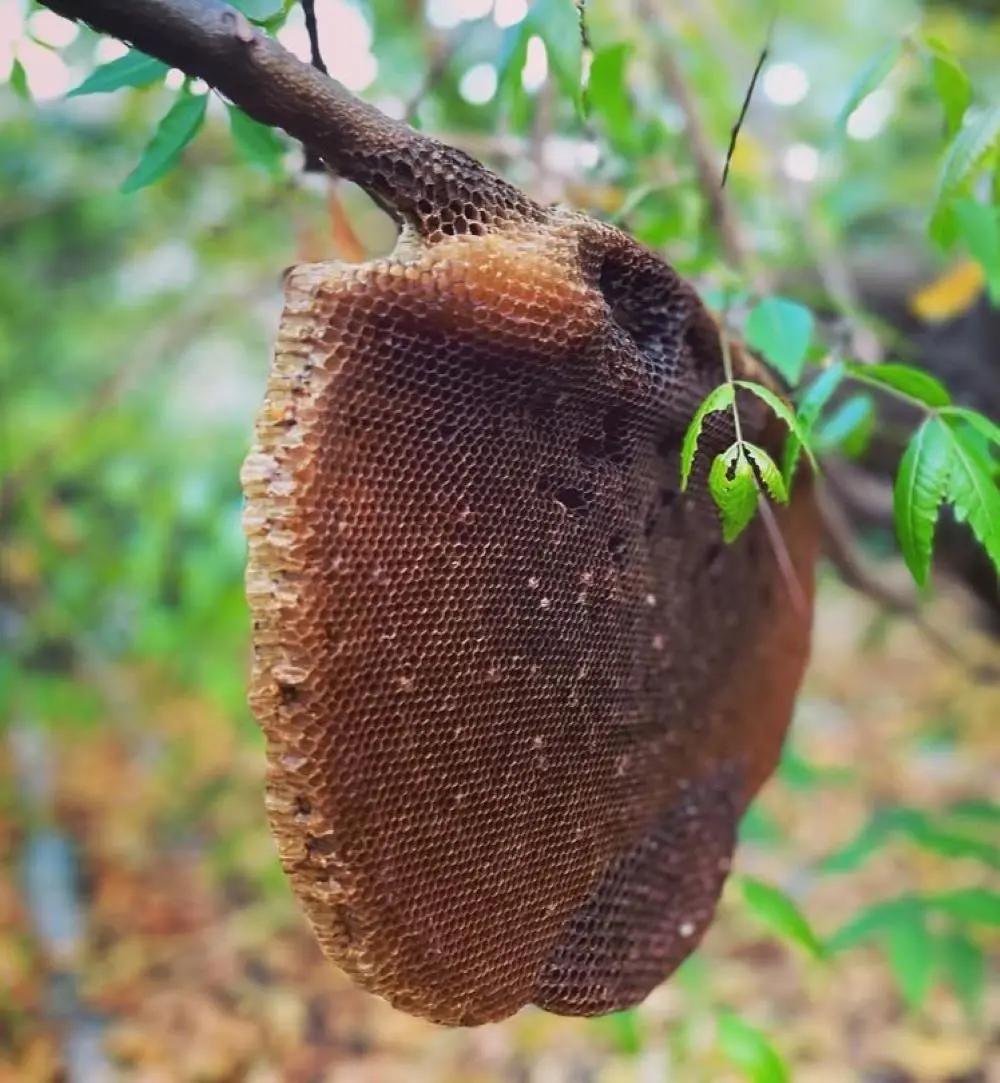1. Lemon Eucalyptus Oil
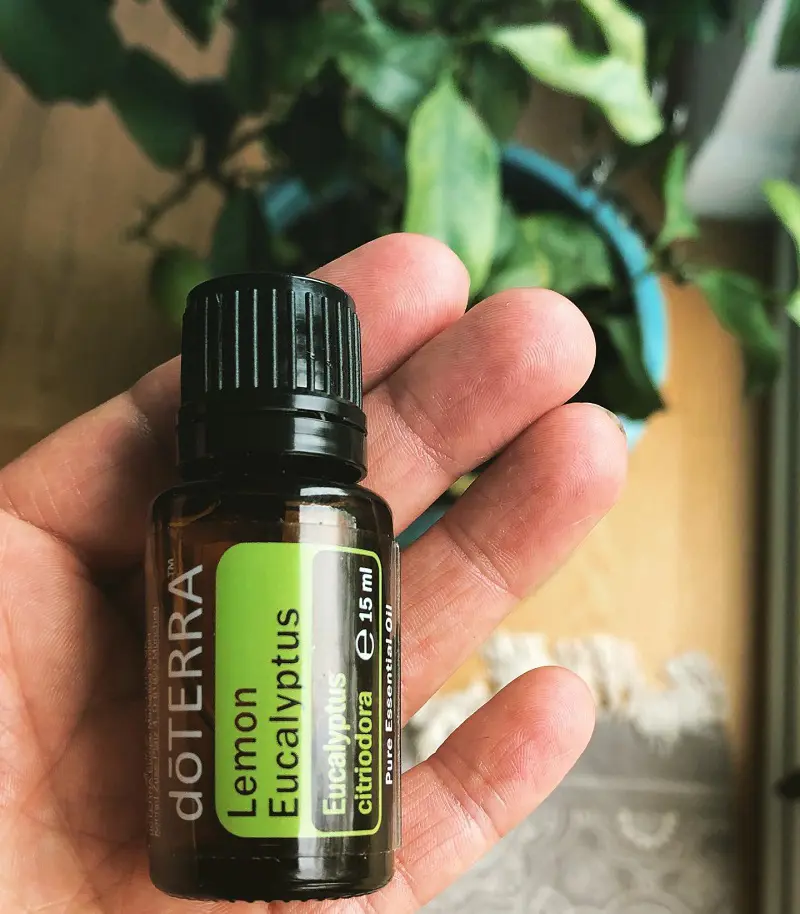
Oil extracted from lemon eucalyptus has been one of the well-known natural repellents for home remedies. A National Library of Medicine study from 2014 showed lemon eucalyptus with 32% concentration provided greater than 95% protection against mosquitoes which was effective for up to 3 hours.
Furthermore, the CDC has also approved eucalyptus oil to be an effective ingredient in commercial mosquito repellents as a natural alternative to DEET.
Ingredients:
Essential: Lemon Eucalyptus Oil
Carrier: Sunflower Oil, Witch Hazel Oil
Instructions:
- Combine 1 part lemon eucalyptus oil with 10 parts of sunflower oil or witch hazel oil.
- This is a 9% lemon eucalyptus oil. Do a small patch test for any skin sensitivity or irritation.
- If any problems were encountered, dilute the oil down to 5% concentration yet again by mixing 1 part diluted oil with 10 part carrier oil.
- Do not apply this solution near the eyes and mouth and for children under 3 years.
